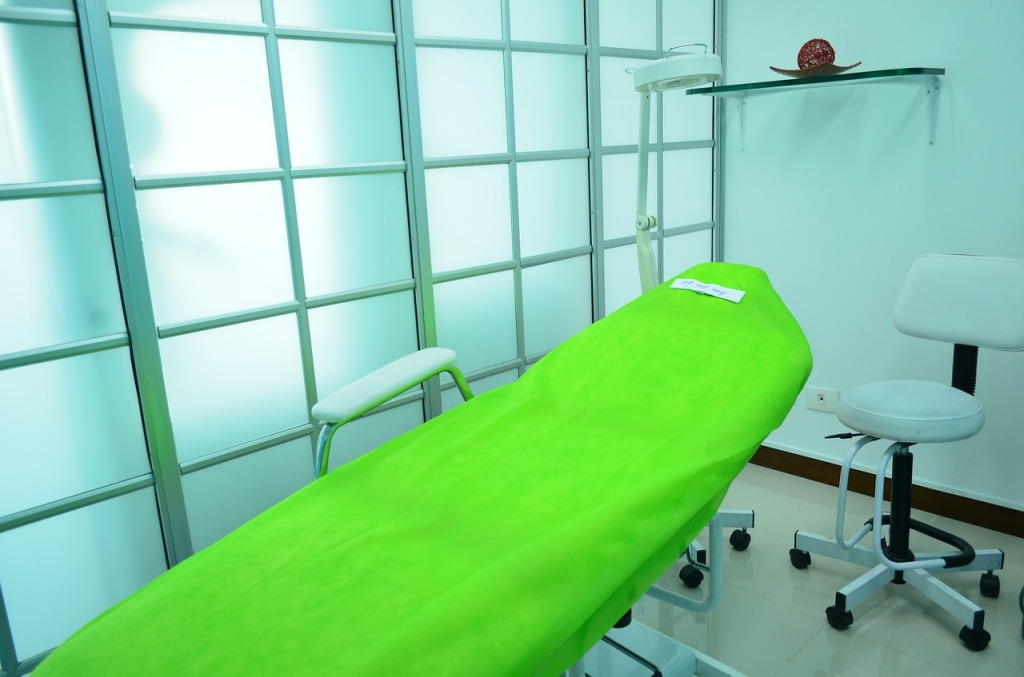While body image is something both men and women constantly focus on, more and more women are going abroad for their surgeries, due to the huge price difference. In fact a recent survey suggested that approximately 1 in 4 women would consider cosmetic surgery, and the huge rise in medical tourism has experts concerned.
Cosmetic surgery is extremely popular in the UK, however it’s becoming even more popular, for cash-conscious patients to combine it with a holiday and get a procedure done abroad. However Global Accreditation Standards are still relatively new in many countries around the world, which has led to a rise in botched surgeries for UK citizens abroad.
Who’s paying for these bad surgeries? The NHS. While there are excellent surgeons in countries such as Thailand, and many of them have studied in the United States, the fact is that many countries do not have the same standards when it comes to preventing infection. And when they know that tourists are going home soon, it becomes someone else’s problem.
Potential complications include infections, blood poisoning and blood clots, and corrective surgery once the patient is home. If another surgeon or hospital has botched a surgery, these patients may need many different operations and treatments, sometimes going on for years, and costing thousands of pounds.
Pryers Solicitors specialise in medical negligence, and they recently asked the UK public whether the NHS (and, therefore, the tax-payer) should have to pay for corrective surgery if the original surgery was done overseas. A staggering 75% of people responded that they shouldn’t have to pay for procedures completed abroad.
Jenny is from Pryers Solicitors, and she discussed the findings. She said that the results of the survey surprised them. “I think a lot of people hear the phrase cosmetic surgery and assume the reason it is carried out is purely for vanity”
Jenny rightly pointed out that there are often very severe medical reasons why people need cosmetic surgery, and they’re not just about getting a nose job abroad. In fact these often include procedures which people simply can’t afford to get done at home, and can include things like teeth correction and mole removals.
If someone can’t afford to get surgery in the UK, should the be penalised for choosing (what they think is) a reputable surgeon abroad? People travel for many different reasons, cosmetic surgery being just one of them, and we rarely hear about the huge number of people who have successful surgeries overseas, without complications and for a fraction of the price they would pay at home.
Jenny went on to say that Pryers Solicitors has both pursued and won many cases in relation to cosmetic surgery, including a woman who researched a clinic based in the UK and was fitted with the wrong sized implants- needing another procedure to fix the error. It just goes to show that surgery can go bad anywhere.
You’ll find more information about this article at Travel Campaigner.








